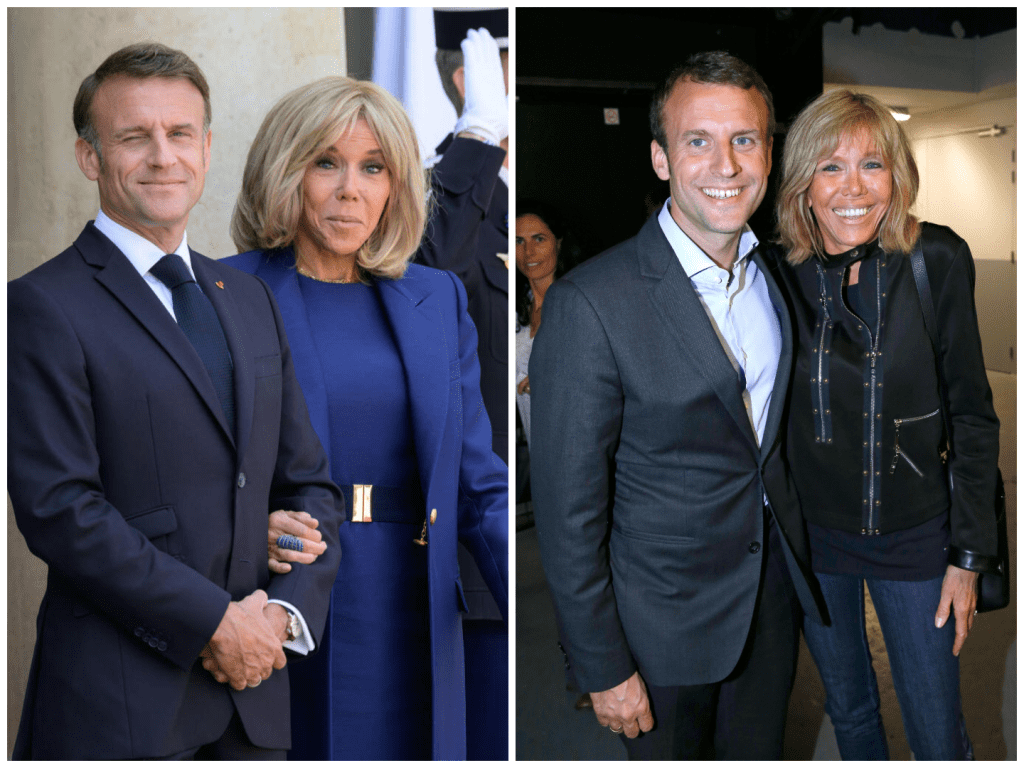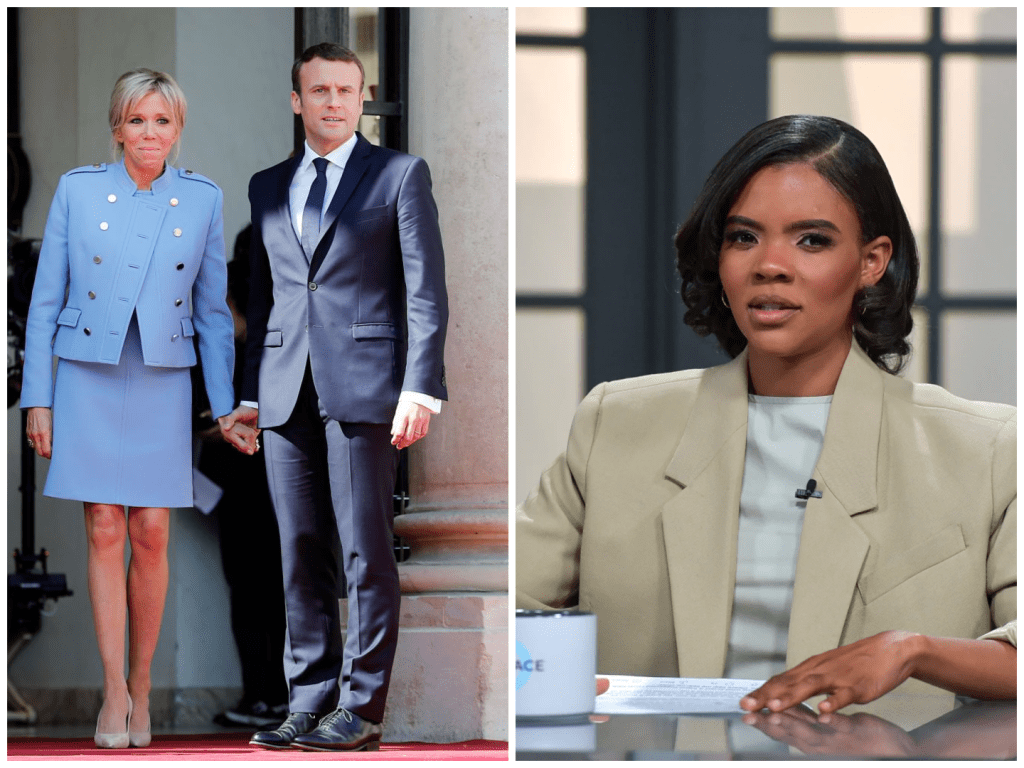Emmanuel and Brigitte Macron File U.S. Defamation Lawsuit Against Candace Owens Over False Claims That France’s First Lady Is a Man
There’s something sobering about watching a head of state stand up not for a policy, not for a country, but for his wife. This week, French President Emmanuel Macron and his wife, Brigitte Macron, filed a defamation lawsuit in the United States against far-right American commentator Candace Owens. The suit is no small thing—218 pages, filed in Delaware Superior Court, and filled with the kind of fire and frustration you don’t often see from the private life of a European leader. But this time, the Macrons are fighting back. And they’re doing it publicly.

At the heart of the lawsuit are comments Owens made in a widely viewed series of videos and online posts, where she alleged that Brigitte Macron was not born female, but instead was a man named Jean-Michel Trogneux. The claim, while completely false, isn’t new. Conspiracy theories like this one have circulated in dark corners of the internet for years, with no evidence and no credibility. What makes this moment different is the reach. Owens, with her millions of followers and devoted fanbase, gave that conspiracy a bigger microphone. The Macrons say they’ve had enough.
The lawsuit accuses Owens of publishing “outlandish, defamatory, and far-fetched fictions” that amount to a coordinated smear campaign. According to their legal filing, the couple had already issued multiple cease-and-desist letters before taking this step—each one ignored. They now want a jury trial, they want Owens held accountable, and they’re willing to testify in person in the United States to make it happen. It’s rare, almost unheard of, for a foreign head of state to take this kind of legal action on American soil. But this isn’t just a matter of pride. It’s about protecting the dignity of a woman who has spent years serving France with quiet poise and facing ridicule for everything from her age to her appearance.

Brigitte Macron is no stranger to public scrutiny. Her marriage to Emmanuel Macron has always drawn commentary, partly because she is 25 years older than her husband and was once his high school teacher. Their relationship, while deeply personal, has been dissected in headlines for years. She’s handled it all with grace, appearing in official functions and charitable work, standing beside her husband with strength and elegance. But these latest accusations crossed a line. The claim that she is secretly a man is not just absurd—it’s meant to dehumanize, to humiliate, and to provoke. It echoes the worst kinds of transphobic and misogynistic attacks dressed up as internet “truth-seeking.”
Candace Owens, known for her provocative takes and unfiltered delivery, has not backed down. Instead, she has mocked the legal letters sent by the Macrons and teased that she would be next in line to be “legally attacked” by global elites. Her multi-part YouTube series, titled “Becoming Brigitte,” has racked up millions of views. In it, she repeats and dramatizes the false claim, presenting it as if it were a hidden truth rather than a conspiracy. The Macrons argue this wasn’t just irresponsible—it was deliberate. The series, they claim, was designed to damage reputations and stir up international controversy for personal gain.
This isn’t Brigitte’s first legal response to the conspiracy. In 2024, she won a defamation case in France over similar claims and was awarded a modest sum of €9,000. That verdict was later overturned on appeal, frustrating her legal team and opening the door for even bolder false narratives. This new U.S. lawsuit signals a shift. It’s not about symbolic wins or domestic courts—it’s about going after the international spread of disinformation in one of its most influential homes: the American media ecosystem.
What makes this case particularly compelling is its broader implications. It’s not just about the Macrons or Candace Owens. It’s about what happens when public figures use their platforms to spread lies that hurt real people. It raises questions about the limits of free speech, the responsibilities of influencers, and the role of digital platforms in amplifying dangerous rhetoric. And it highlights a troubling reality: that even the most ridiculous lies, if repeated often and loudly enough, can do real harm.
In a world where conspiracy theories can go viral overnight and reputations can be shredded by a well-edited video, the Macrons’ decision to fight back feels both necessary and overdue. Their legal team describes Owens’ behavior as a “campaign of global humiliation,” and while that phrase may sound dramatic, the stakes are real. Brigitte Macron is not just a First Lady. She is a person—a wife, a mother, a public servant. And no one deserves to have their identity dragged through the mud for clicks.
Watching this unfold, it’s hard not to reflect on how normalized this kind of online harassment has become. We see it every day—against politicians, activists, journalists, even everyday people who go viral for the wrong reasons. The Macrons have the resources to sue, to speak out, to push back. But most people don’t. Most people just have to sit quietly while strangers on the internet rewrite their lives for sport.
That’s what makes this case so important. It’s not just a legal fight—it’s a stand. A message that truth still matters, that identity is not a joke, and that powerful voices must be held to account. The outcome remains to be seen, but one thing is already clear: Emmanuel and Brigitte Macron are not letting this go. They’re drawing a line. And they’re doing it not with anger or public outrage—but with the full weight of the law.


